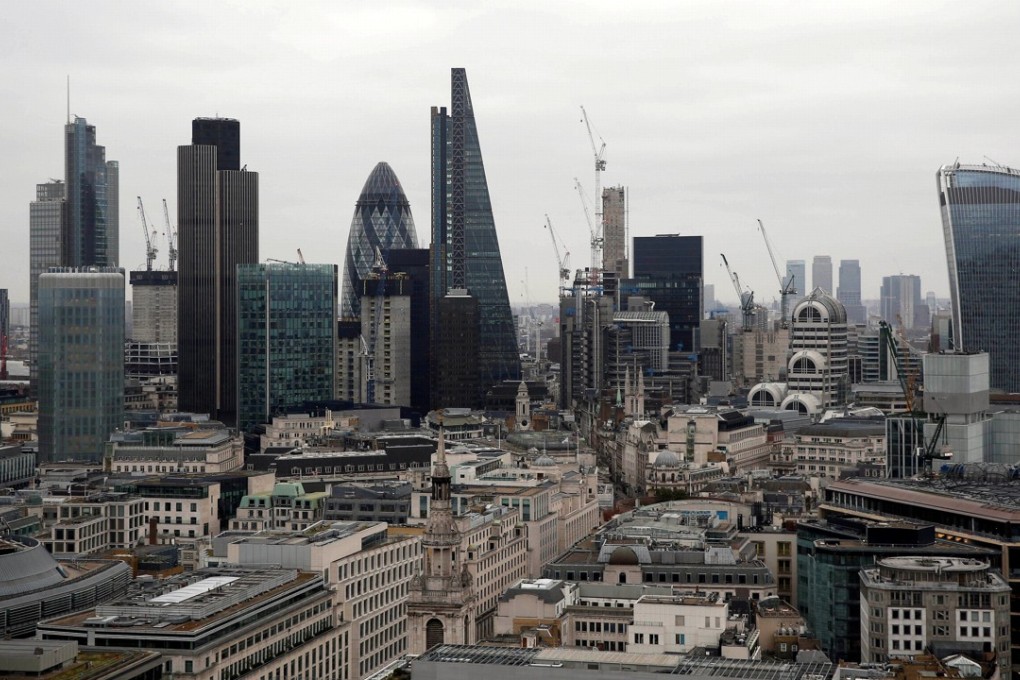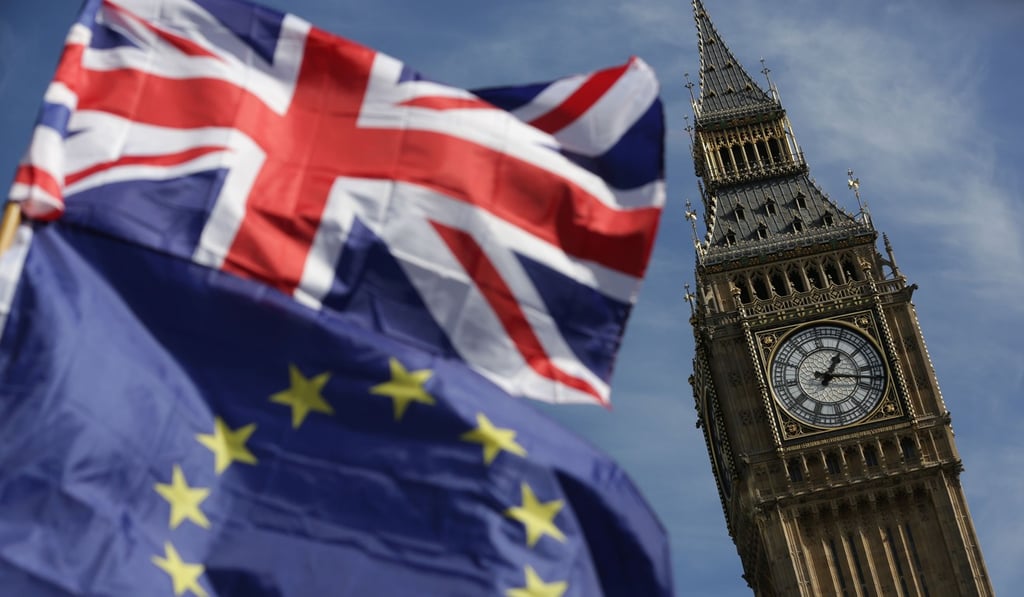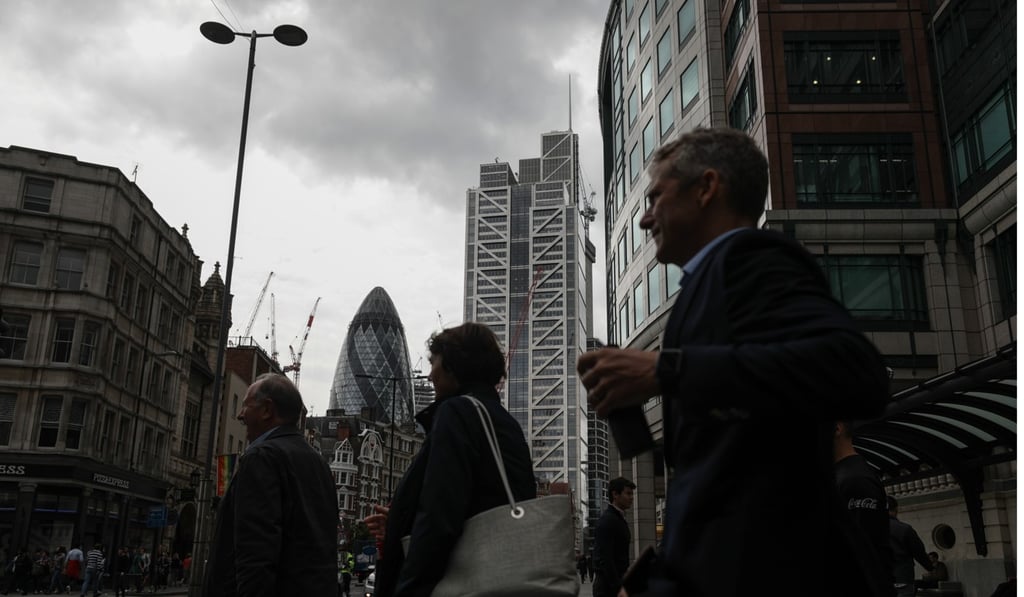Concrete Analysis | Is the impact on post-Brexit real estate investment overstated?
Companies taking new leases in 2017 increased their total combined space from 5.2 million sq ft to 8.9 million sq ft, according to a recent Cushman & Wakefield report

A year on from triggering Article 50, “uncertainty” remains a key buzzword across the UK real estate sector, but its impact on investor appetite looks overstated.
Politically, the UK appears to have made limited progress, with leadership on both sides who could do with showing some strength, delivering a clear framework and answering “what next?” And as we know from the cyclical, and sensitive, nature of the global property markets, uncertainty in real estate promotes anxiety and undermines the market, halting deals and investment and generally making even the savviest investor think twice before plunging head first into speculative development.
This uncertainty however, is often misjudged. For example, in 2015 capital transactions in the UK were £65 billion (US$88 billion); down to £45 billion in 2016 with a projected similar low figure of around £40 billion for 2017 following on from the Brexit vote. This was hugely underestimated when the final figure rolled in at £60 billion for the year. As certainty increases, we’d hope to see more confidence in the market, which has a habit of adjusting to whatever the new rules are.

It is therefore refreshing to meet investors in Hong Kong and China who see London as the perennial and global city it is and are looking at the opportunities the UK still presents. Whilst France and Germany focus predominantly on Asia, and Spain looks to South and southern America for investment, when London looks globally it means the whole world, particularly beyond its political and geographical borders.

Initial concerns around banks moving to Paris and Frankfurt have been overrated – at the moment any moves that have been made have been in the hundreds rather than thousands. On the contrary, we are seeing yields getting lower and deal prices increasing; the latest data from CBRE showing London offering property lenders the best returns among the largest markets in Europe. A recent report from Cushman & Wakefield revealed that companies taking new leases in 2017 increased their total combined space from 5.2 million sq ft to 8.9 million sq ft, a net take-up of 3.7 million sq ft and the highest recorded since they began analysing the data in 2013 and on par with 2015.
